
With nearly two-thirds of kids in the US overweight, it is more important than ever for parents to instill good lifestyle habits in their children’s day-to-day routines. Many people incorrectly assume chronic conditions are adult-only problems, yet insulin resistance and the development of arterial plaque starts in childhood, leading to diabetes and cardiovascular disease later on.
We discussed the plethora of heart-healthy benefits gained from pedaling some singletrack in a previous article, but there is way more to gain for your body and soul aside from a happy ticker. Not only does getting your little dudes and dudettes into bikes help promote great health, it provides a wealth of other benefits, too!
[see_also id=”203940″][/see_also]
Mountain biking fights depression, builds confidence, and increases self-esteem.
Trail time prevents the onset of depression during adolescence and after high school. According to the National Institute of Mental Health, 12.5% of kids between the ages of 12-17 are diagnosed with major depression each year – that’s 1 in 8 teenagers. Rates are higher among high school juniors and seniors (around 16%), and climb even further as our young adults gain independence as they enter college – nearly 30%.
Couple these data with the negative effects of bullying, the stresses of peer pressure, alcohol and drug use during adolescence, and dating – the results may be a deleterious tornado for self-esteem disaster. But this is where mountain biking can be a preventative. It allows for a healthy way to relieve stress, bond with and make new friends, as well as stay out of trouble. And there’s more…
Most scientists agree that exercise is an effective treatment for many mood disorders. A 2013 research review conducted by Dr. Gary M. Cooney of the Royal Edinburgh Hospital Division of Psychiatry in Edinburgh, UK, analyzed 37 studies that checked out the effects of physical activity on individuals diagnosed with clinical depression. Their conclusion? Exercise is definitely more effective than no treatment, and is significantly as effective as most pharmaceutical and psychological interventions. Shred for your head!

Group or family rides nurture socialization skills and build friendships.
Kids learn the importance of trail etiquette and how to be a part of a team. Courtesy and the appreciation of others are skills they can take away from the sport and apply throughout all facets of their lives – in the classroom, at home and in public.
They bond over and can develop an appreciation for friendly competition. They’ll inherit the freedom associated with the acceptance of imperfection, making mistakes in front of others, learning how to stand up, accept small moments of defeat, dust off their shorts, and move forward. When riding with friends, they see their peers go through similar challenges and learn how to lend a helping hand.
There is also an increase in parent-child bonding – what parent doesn’t want to share in their kid’s joy the first time they climb a hill by themselves or corner a tricky turn. Smiles all around 🙂

Children that ride can develop skills associated with decision making, risk, and safety.
Mountain biking teaches kids how to deal with challenges. Remember your first time on a mountain bike? Getting familiar with the feel of the bike, how and when to shift, brake, where to look down the trail – all the important “first steps” integral to building an enjoyable experience.
Now for the conceptual application: how to choose a good line (and the repercussions of a poor choice), maneuvering in all the gear – kneepads, helmet, gloves – experiencing the first flat, the inaugural OTB, gnarly, pebble-laden scrapes, bruises… “Don’t stare at the big hole in the trail – you’ll go where you look,” you explain.
Children learn how to focus on what’s essential as their surroundings whiz by, an indispensable skill not only in mountain biking, but in school, too.
It keeps them out of trouble.
Here’s a simple question: How do you want your youngsters to spend their free time? A number of kid-oriented organizations have provided worthy options as answers, and here are two great examples!
Since December of 2009, Butte County Junior Cycling, a Chico, CA based non-profit bicycle loan program, has offered disadvantaged kids the opportunity to get into the sport of cycling.
“The program has grown to over 30 available bikes of different sizes due to donations alone,” said Jeff Ochs, founder of the program. Through BCJC, more than 50 kids have been introduced to the sport and have grown as cyclists with the help of the program. They have the option to participate in team and club sports, as well as events in the community and at school. “We believe that cycling is a lifelong activity that is beneficial to the mind, body, and soul.” It doesn’t get much better than that!
Petaluma, CA is home to the NorCal High School Cycling League, whose mission is to “provide quality mountain biking programs for students in grades 9 to 12.” They offer educational and athletic opportunities through skills clinics, NICA-sponsored races, and more! For those that live in Cali, check out their 2017 list of events, here.
For those that live in one of the other 49 states, be sure to check out the options available in your region! For starters, here is a link to NICA’s mountain bike leagues.
[see_also id=”192287″][/see_also]
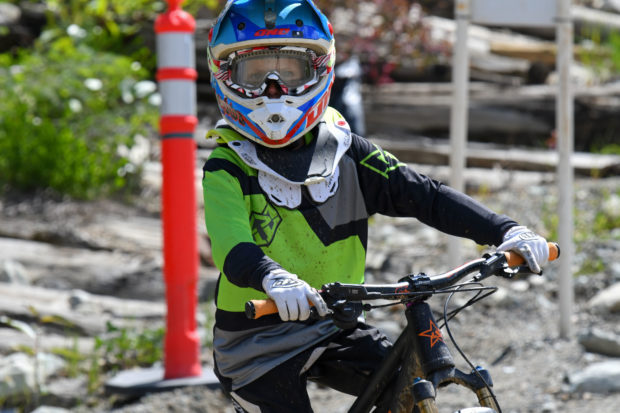
They can put their energy to use and do better in school.
Participating in physical activity (PA) has been shown to boost academic performance. In 1999, researchers investigated the affects of a 2-year physical education (PE) intervention on standardized academic test scores in 759 elementary school children. They found significant improvements in language, reading, and basic battery scores when compared to children that did not receive the intervention.
Fast-forward to a 2011 study that conducted an analysis of existing research on the same topic – the effects of PA on academic performance. After reviewing 251 associative analyses, they determined that 50.1% of the studies found positive correlations between PA and kids’ performance in school, and the other half showed no significant effect. Cool!!

Mountain biking will instill kids with a healthy sense of adventure. Immerse them among the trees and mountains. Let them feel the wind and experience things they can’t get from video games and television. Currently, we are looking toward a future where the status of our promised lands, parks, and natural environment is in question. What better way to pay it forward than to raise your children with an appreciation for the outdoors – nurture those who will inevitably nurture nature?
[see_also id=”189813″][/see_also]
References:
Cooney, G. M., Dwan, K., Greig, C. A., Lawlor, D. A., Rimer, J., Waugh, F. R., … & Mead, G. E. (2013). Exercise for depression. The cochrane library.
Kerr, J. H., & Mackenzie, S. H. (2012). Multiple motives for participating in adventure sports. Psychology of sport and exercise, 13(5), 649-657.
National Institutes of Mental Health (2012). Depression and college students. NIH Publication No.12–4266. Retrieved from https://infocenter.nimh.nih.gov/pubstatic/NIH%2012-4266/NIH%2012-4266.pdf
Rasberry, C. N., Lee, S. M., Robin, L., Laris, B. A., Russell, L. A., Coyle, K. K., & Nihiser, A. J. (2011). The association between school-based physical activity, including physical education, and academic performance: a systematic review of the literature. Preventive medicine, 52, S10-S20.
Sallis, J. F., McKenzie, T. L., Kolody, B., Lewis, M., Marshall, S., & Rosengard, P. (1999). Effects of health-related physical education on academic achievement: Project SPARK. Research quarterly for exercise and sport, 70(2), 127-134.


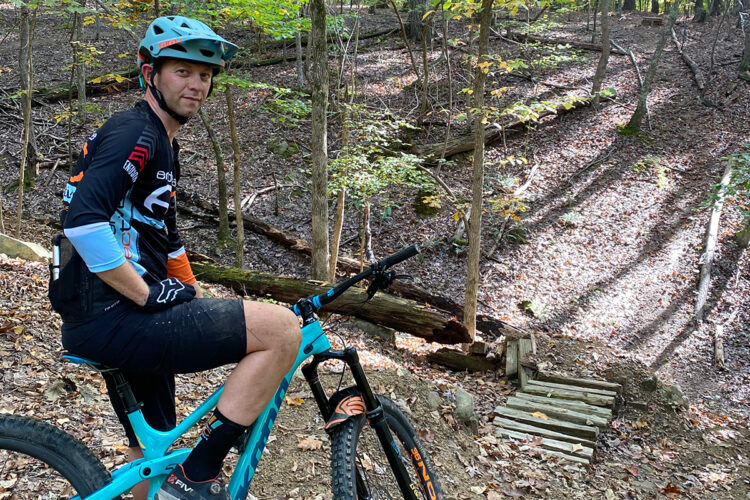
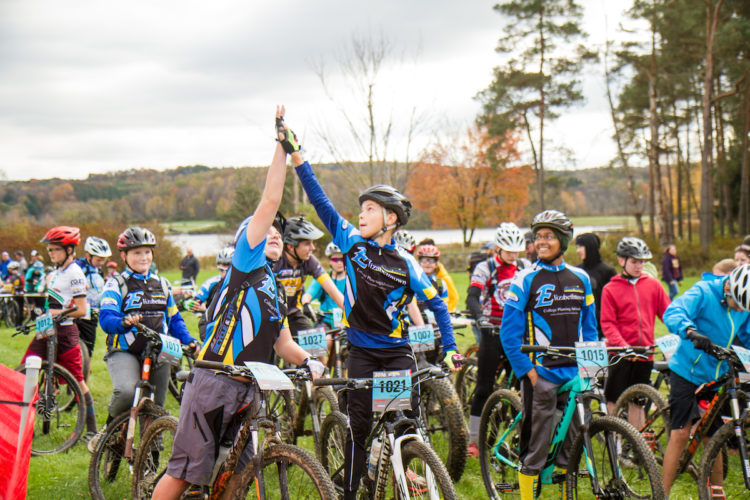

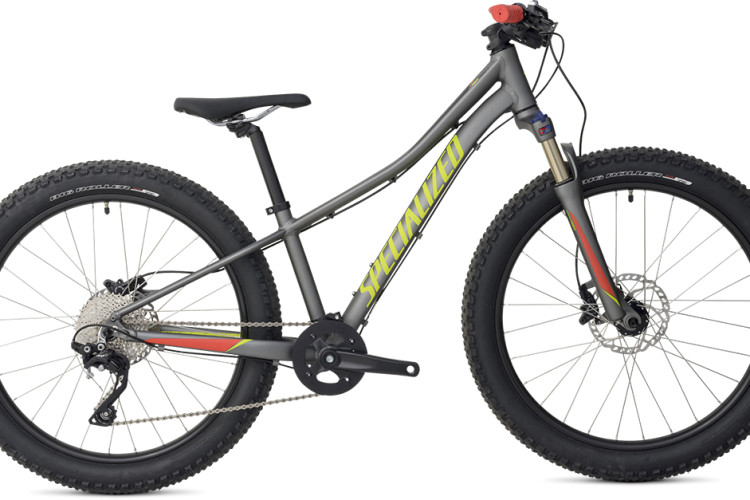

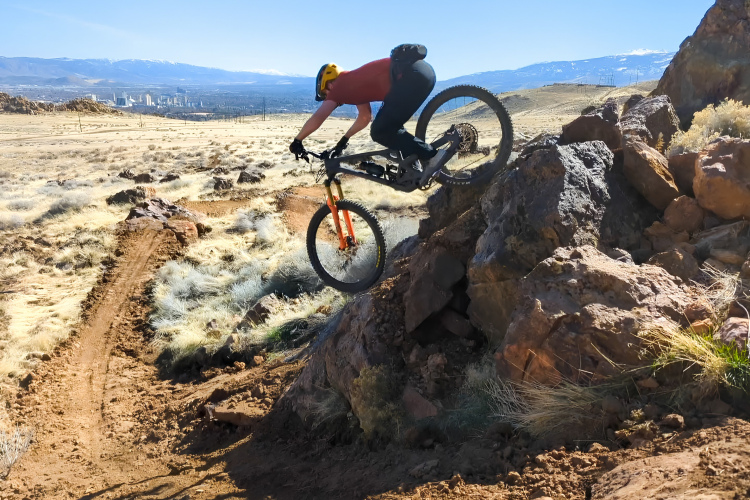
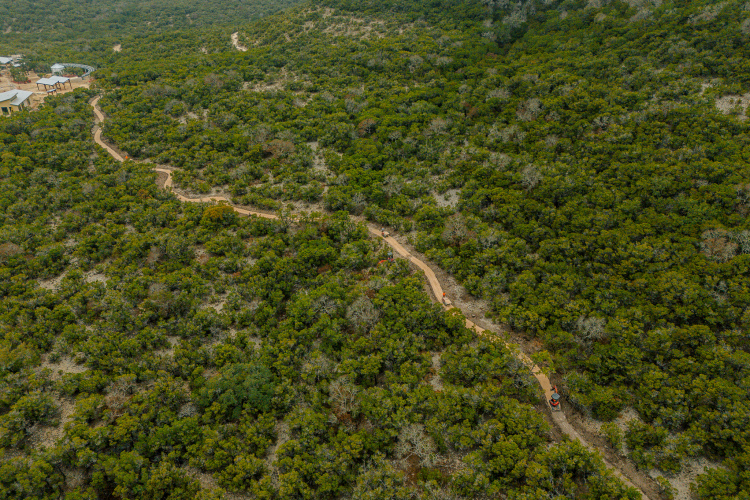
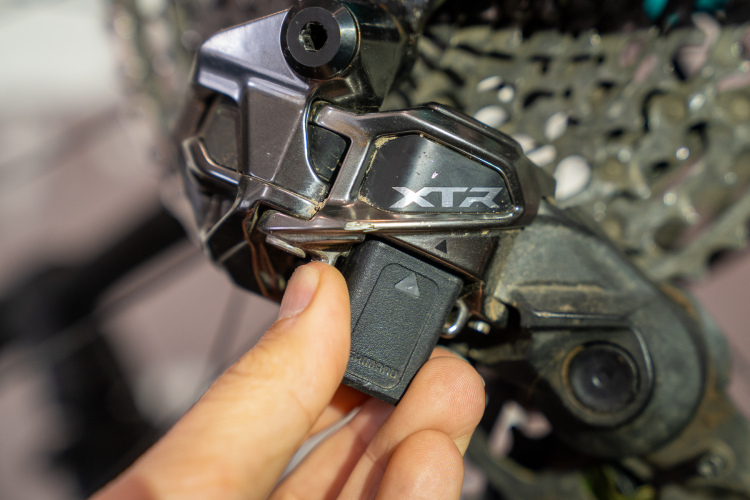

2 Comments
Apr 21, 2017
I've been involved in several team sports at both the club and middle school/high school level. I've never seen the camaraderie and the sense of family, from both students and parents, as I have since being involved with NICA.
Apr 21, 2017